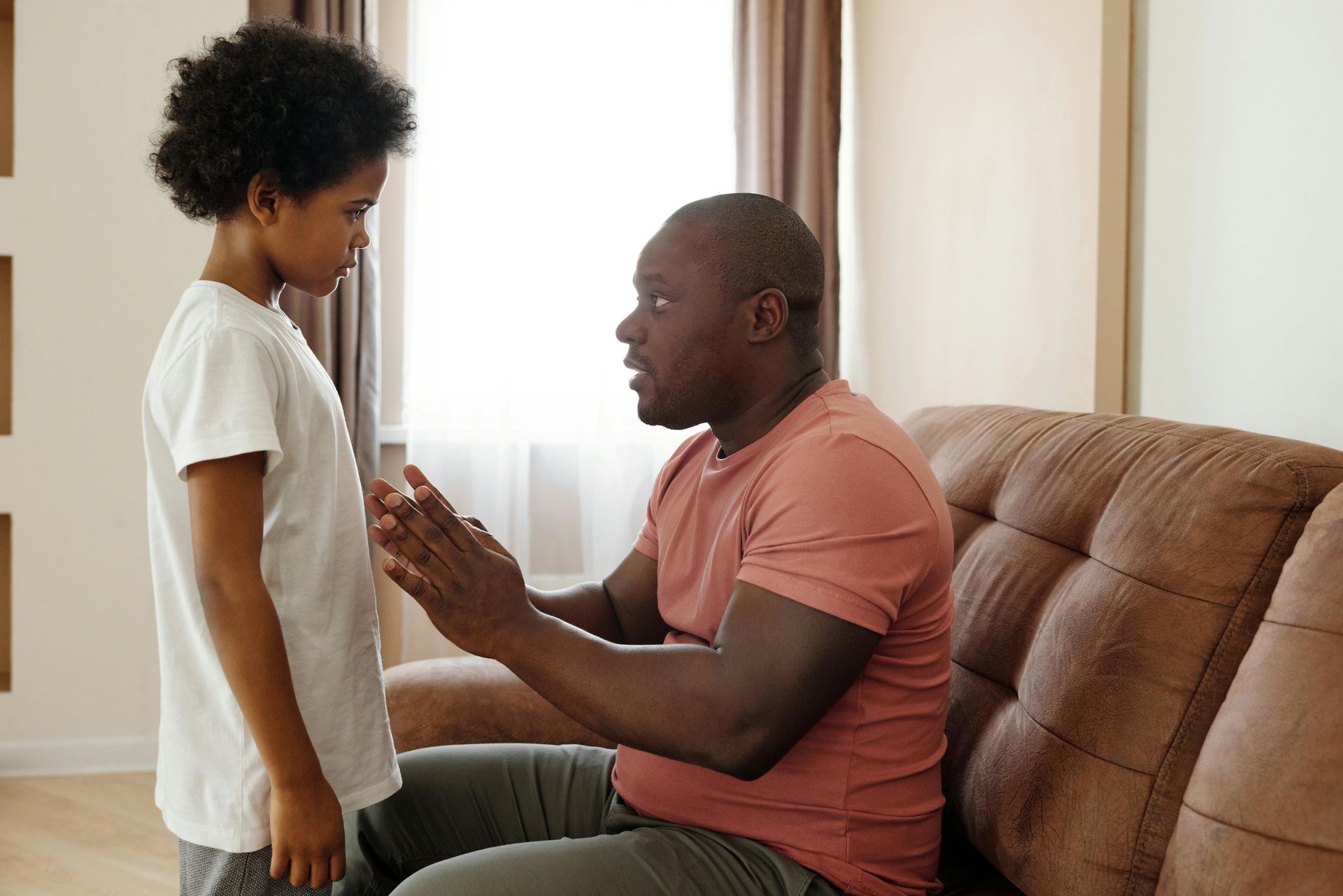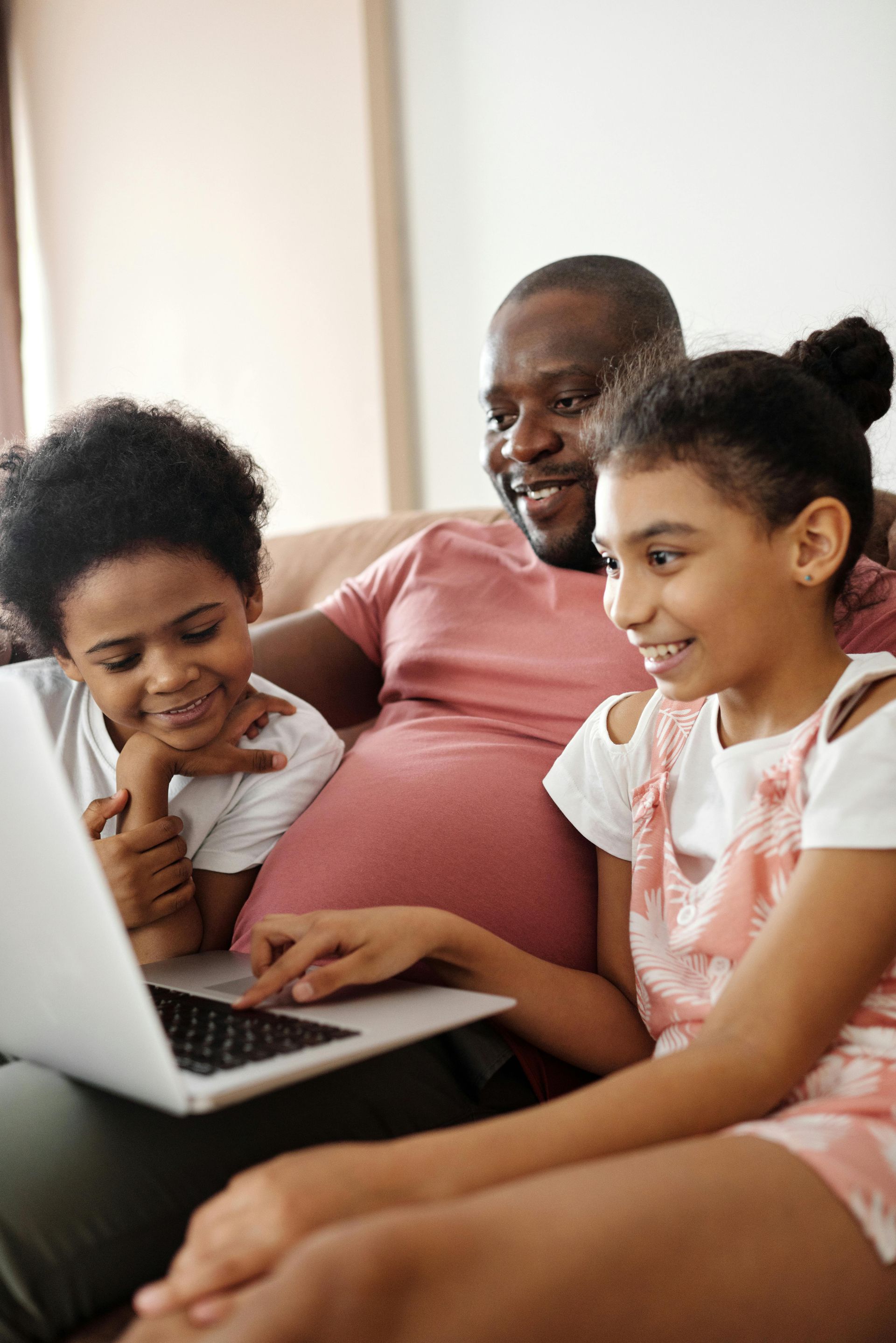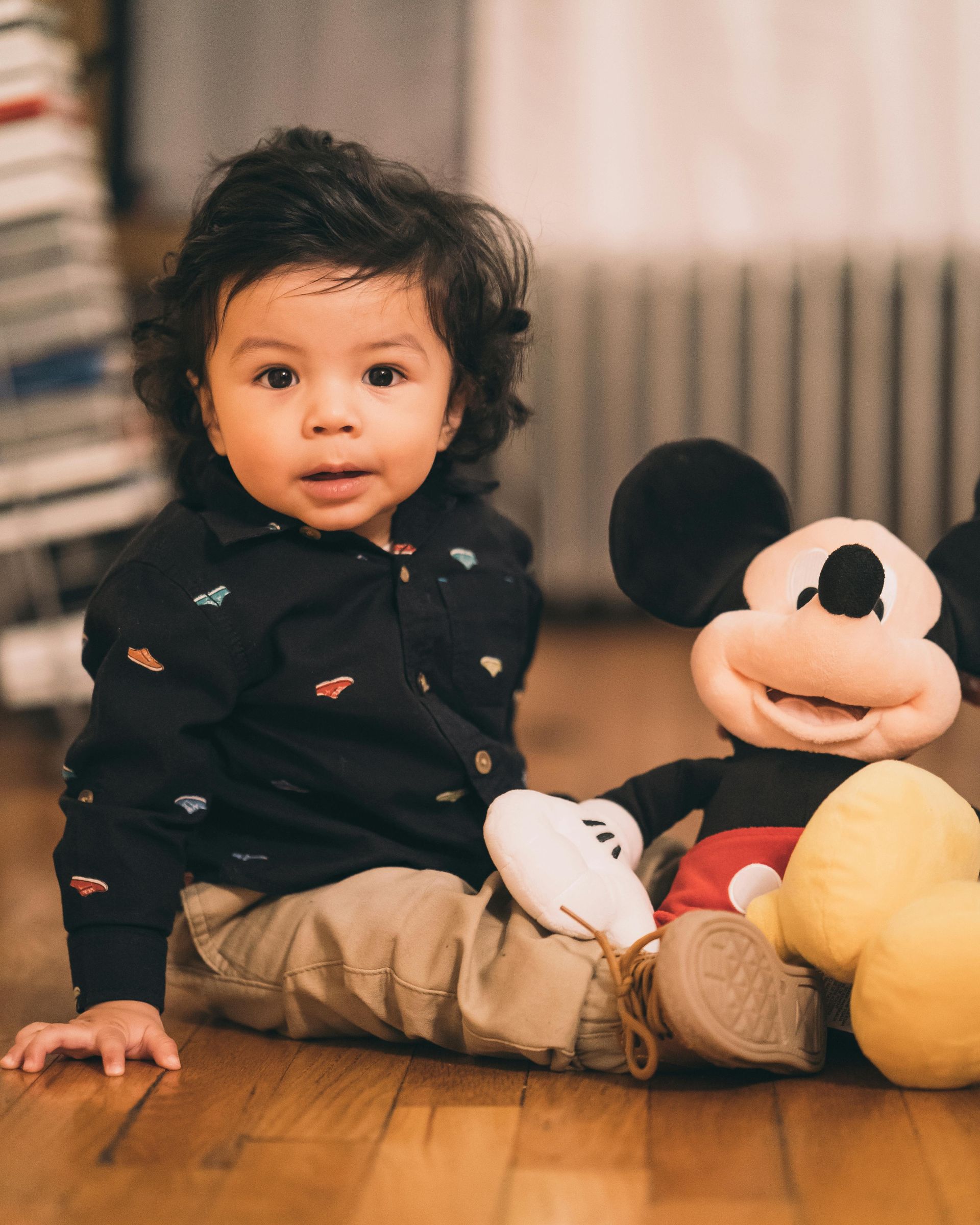Children Coping With Divorce: Expert Tips For Coping Successfully-💜
CNS Healthcare • February 21, 2025
Divorce is never easy, but it can be a particularly tough experience for families, and especially for children. Although research shows that many kids will adjust well over the long run, they may not fully understand what's really going on throughout the process.
Fortunately, there are many actions you can take to
help children coping with divorce at any age. Keep reading to learn how to
support your child
through big changes such as divorce.
Key Takeaways
- Divorce impacts kids' emotions and behavior. Watch for changes like sadness, anger, or withdrawing. Younger kids may regress; teens tend to rebel. Seek help if their behavior becomes severe.
- Talk to children honestly about divorce using age-friendly language. Reassure them that it’s not their fault and routines will stay consistent.
- Stability helps kids feel safe. Keep daily routines steady and avoid big changes like moving or new schools during this time.
- Show love through words and actions daily. Spend quality time with your child to reinforce they are still part of a strong family unit.
- Therapy or counseling can help when a child shows signs of deeper distress, such as anxiety, depression, or behavior issues caused by the divorce transition.
Understanding the Impact of Divorce on Children
Divorce can bring big changes into a child’s normally stable life. These changes may affect their emotions, behavior, and sense of security.
Common emotional responses
Children often feel sad, angry, or confused throughout a parents' divorce. Depending on their age,
they may react differently to this sudden change in family life. Younger children may blame themselves for the separation, while older children often withdraw emotionally or act out in frustration.
Some kids experience guilt, thinking that they need to "fix" the situation. Others might seem like they are fine, but in reality they're hiding their true feelings to avoid upsetting you. Each child's age affects
how they handle these emotions individually, and these reactions are a normal response to this difficult time.
You'll also need to keep an eye out for behavioral changes that may signal deeper emotional struggles.
Behavioral changes to watch for
The stress created from parents’ divorce can lead to noticeable
changes in a child's behavior. Some children may withdraw from family members or friends, while others might act out in anger. They may also show
sudden shifts in school performance, sleep patterns, or eating habits.
Young children may
regress into older habits like wetting the bed or needing extra time for comfort.
You might notice they cling more to you or avoid discussing their feelings altogether.
Teens sometimes rebel by skipping school or purposely breaking rules at home. These reactions are normal but will need to be addressed if they start to cause major problems.
If a child feels overwhelmed for a long period of time, professional help from mental health professionals could be necessary to support their well-being and growth during the process.
Communicating with Your Child About Divorce
Talking to your child about divorce can feel overwhelming, but it’s crucial for their emotional health to fully understand what is going on and how it will affect them. Make sure to keep the conversation honest and calm, so they feel safe asking questions. Here are a few tips on initiating that conversation:
How to break the news
Choose a calm time and place. Use clear, simple language that is appropriate for your child’s age.
Avoid blaming or arguing in front of them. Start by
explaining the situation
together if possible, as it shows unity.
For example, you can say, “We both love you very much but we decided
this is best for our family.”.
Make space for their feelings and questions, and let them know it’s okay to feel sad or confused. Reassure them that it's not their fault and that you will always be there for them. Let them know that their daily routines around school and other activities will stay consistent whenever possible.
Kids need reassurance more than explanations during tough times.
Age-appropriate explanations
Toddlers are often very confused by divorce. You can use simple phrases like, “Mommy and Daddy live in different homes now.” to help them understand. Reassure them that both parents love them. For elementary school age children, you can explain more details but be careful to
avoid blaming or speaking negatively.
You can say something like, “We decided it’s best to live apart, but
we are still a family.”.
Teenagers will understand the complexity of the situation better, but they will often still hide their emotions.
Be open and listen to them without judgment. Address their concerns about the details of of new living arrangements or school changes honestly.
Approaching this conversation from an honest angle will help build trust during this confusing time for young people. Next, let's talk about how you can create stability throughout this transition and continue to support your child’s well-being.
Supporting Your Child Through the Transition
Change can be hard for kids, but you can make it easier by using coping strategies showing care and patience. Be sure to focus on creating a sense of safety and showing them they are loved every single day.
Maintaining routines and stability
Keep the day to day schedule calm and stable by sticking to
daily routines for meals, bedtime, and school. Children of divorce feel safer when their lives stay predictable. Stability is the best thing that can help to limit the mental health effects that divorce can cause at different ages. You'll also want to
keep rules and expectations consistent between both homes if you are co-parenting.
Avoid big changes like moving, switching schools or child care during this time. Focus on building quality time with your child each day to reassure them they're loved by both parents. Divorce can be a hard time, but building structure and routines can make it easier for children to cope in healthy ways.
Reassuring them of parental love and support
Let your child know they are loved every single day. Tell them their parents’ divorce does not change how much you care for them.
Simple phrases like “I will always be here for you.”, or, “You can talk to me about anything.” will go a long way.
You can also show love through your actions. Spend one-on-one time together doing things they enjoy, even small activities like reading or going for a walk. Keep reminding them that the divorce is not their fault and they are still part of a strong family unit.
Seeking Professional Help if Needed
Sometimes, a children's needs include extra support to process their feelings during a divorce. A professional can help them manage tough emotions in different ways while building healthy coping skills.
Signs your child may need therapy
Your child may face challenges with their emotions during the divorce process. Pay attention to signs such as
difficulty sleeping, sudden bursts of anger, or pulling away from family and friends.
Younger kids might seek more comfort from you or show behaviors like bedwetting. You may notice older children
misbehaving at school or distancing themselves socially.
Intense conflict between divorcing parents can make these problems harder to manage. If your child displays
signs of depression, anxiety, or mentions self-harm, therapy could be beneficial.
A mental health professional will be able to more successfully support them in understanding their feelings and create healthy coping strategies suitable for their age and needs.
Benefits of family counseling
If your child struggles to cope with divorce,
family counseling can help. It provides a safe space for everyone to share feelings and work through conflicts. Counselors can effectively guide both parents and children toward better communication and understanding.
Family counseling helps rebuild strong parent-child relationships after divorce. It prioritizes the focus children’s emotions while teaching parents effective ways to support them. You will also
learn tools to reduce parental conflict, which benefits the whole family’s mental health.
Seeking outside help shows your kids that their well-being matters deeply during this transition.
Conclusion
Helping children through divorce is an ongoing process, but you can make it easier for them by
focusing on their needs, not your own emotions. Make sure to keep their routines steady and show them love at every step.
Speak openly with them in language they can understand. If necessary, seek out professional help and get involved with organizations like CNS Healthcare of Michigan to further support their mental health. You have the tools to guide your child toward a healthy future after divorce.
FAQs
1. How can parents help children cope with divorce?
Parents can help by understanding their child’s feelings, maintaining consistent family routines, and providing a stable home life. Listening to their needs and offering reassurance is key during this ongoing process.
2. What are normal reactions that children may have to parental separation?
Children of any age may experience difficult emotions like anger, sadness, or confusion. These are normal reactions as they adjust to changes in family relationships and routines.
3. Is joint custody the best way for families to co-parent after divorce?
Joint custody can work well if both parents prioritize the child’s mental health and maintain positive relationships. However, every situation is different, so the decision should be focused around the children’s best interests.
4. Should extended family play a role after a divorce?
Yes, involving extended family members in healthy ways can provide extra support for children. A good place for them is helping reinforce stability while respecting boundaries set by parents.
5. How does divorce affect children of different ages differently?
Younger kids might struggle with separation anxiety or clinginess, while older ones could show frustration or withdraw socially. Understanding these differences helps address each child’s unique needs effectively.
6. When should parents seek professional support services for their kids?
If you notice signs of high conflict at home or issues like drug use or alcohol abuse affecting your child’s well-being, seeking legal advice or counseling from experts such as those recommended by the American Psychological Association. Getting help is a good idea if you want to ensure that healthy families will thrive post-divorce.
Newsletter
Stay up to date by subscribing to our newsletter.
Recent Posts
SHARE THIS POST WITH YOUR FRIENDS















